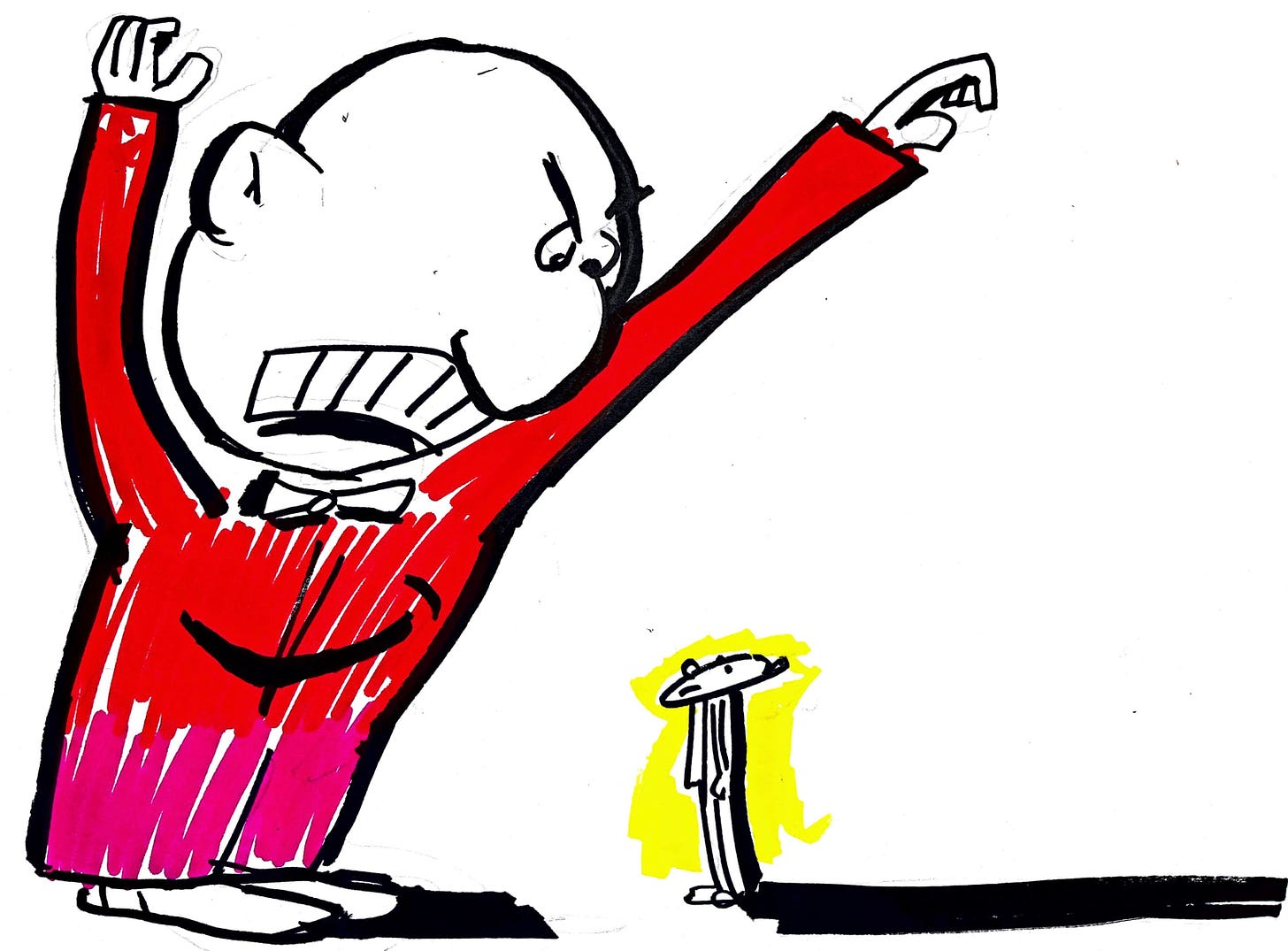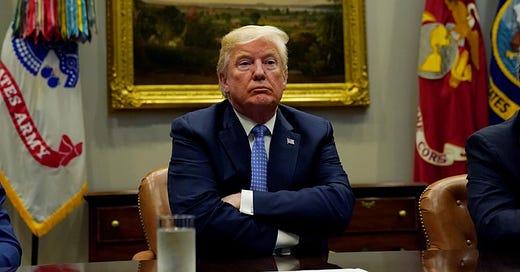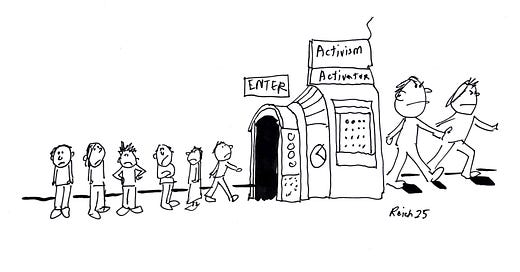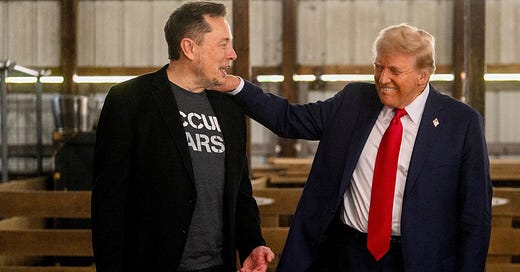
American capitalism returns to the Gilded Age
American families rely on three coping mechanisms while robber barons like Musk abuse their power.
American families have been relying on three coping mechanisms to maintain their standard of living despite stagnant real wages since the start of the 1980s.
First, wives and mothers have gone into paid work. For many women, this has been a blessing. Yet according to a 2021 survey, more than half of married mothers would prefer to have one parent in the home full-time with children aged 5 or younger.
Second, everyone has put in longer hours. On average, Americans now devote more hours to their jobs than workers in any other rich country.
Third, Americans have gone deeply into debt. Americans held $599 billion in consumer debt in December 1985. By December 2022, it was $4.8 trillion.
Through it all, the American economy has continued to grow — yet its fruits have been going to a smaller and smaller number at the top.
Economies aren’t zero-sum games where the rich can do better only at the expense of everyone else, of course. But power is a zero-sum game. The more of it at the top, the less anywhere else. And great wealth easily morphs into great power.
After a tweet that Elon Musk posted during Sunday’s Super Bowl game failed to achieve as much engagement as a tweet from President Joe Biden, Musk (who purchased Twitter last October for $44 billion) reportedly demanded that Twitter change its algorithm to artificially inflate Musk’s tweets by a factor of 1,000. (Many who do not follow Musk are also being served his tweets in their feed through the “For you” tab of the app’s homepage.) Last week, Musk fired a principal engineer at Twitter who told him that the reason his tweets had lost viewers is that interest in the erratic CEO is waning. Musk is also allowing the return of previously banned accounts like that of Donald Trump.
Is it a problem that the richest person in the world buys one of the biggest megaphones in the world and then alters it so his words are seen by more people than those of the president of the United States, and unilaterally decides to allow back a former president who attempted a coup?
American capitalism has returned to where it was at the turn of the 20th century, when most of the gains went to a handful of “robber barons” who wielded nearly unlimited power over the economy and politics.
It is well to remind ourselves of the warning by the progressive Herbert Croly, who wrote in 1906 (in his great The Promise of American Life):
Americans are just beginning to learn that the great freedom which the individual property-owner has enjoyed is having the inevitable result of all unrestrained exercise of freedom. It has tended to create a powerful but limited class whose chief object it is to hold and to increase the power which they have gained; and this unexpected result has presented the American democracy with the most difficult and radical of its problems. Is it to the interest of the American people as a democracy to permit the increase or the perpetuation of the power gained by this aristocracy of money?
A candid consideration of the foregoing question will, I believe, result in a negative answer. A democracy has as much interest in regulating for its own benefit the distribution of economic power as it has the distribution of political power, and the consequences of ignoring this interest would be as fatal in one case as in the other. In both instances regulation in the democratic interest is as far as possible from meaning the annihilation of individual liberty; but in both instances individual liberty should be subjected to conditions which will continue to keep it efficient and generally serviceable. Individual economic power is not any more dangerous than individual political power—provided it is not held too absolutely and for too long a time. But in both cases the interest of the community as a whole should be dominant; and the interest of the whole community demands a considerable concentration of economic power and responsibility, but only for the ultimate purpose of its more efficient exercise and the better distribution of its fruits.
What do you think? Is it time for a wealth tax, or even something more drastic?















The cap on social security tax should be eliminated and for every dollar earned a worker should pay into the system. The tax rate should be reinstated for corporations and make them pay more than 20% when they’ve already received more tax breaks than any individual. Finally President bife s idea of raising the tax rate on very wealthy individual should be enacted. Those people make money on the backs of poor Americans and they should pay for them if they’re not going to pay them fair wages, which they do not.
Well, you can call it whatever you like, but I would like to see EVERYONE pay the same rate I pay, as a minimum. Eliminate the ceiling on earnings for FICA tax. If ONE pays 6.2% on nearly every penny they make, everyone should. No more free ride for those million/billionaires.